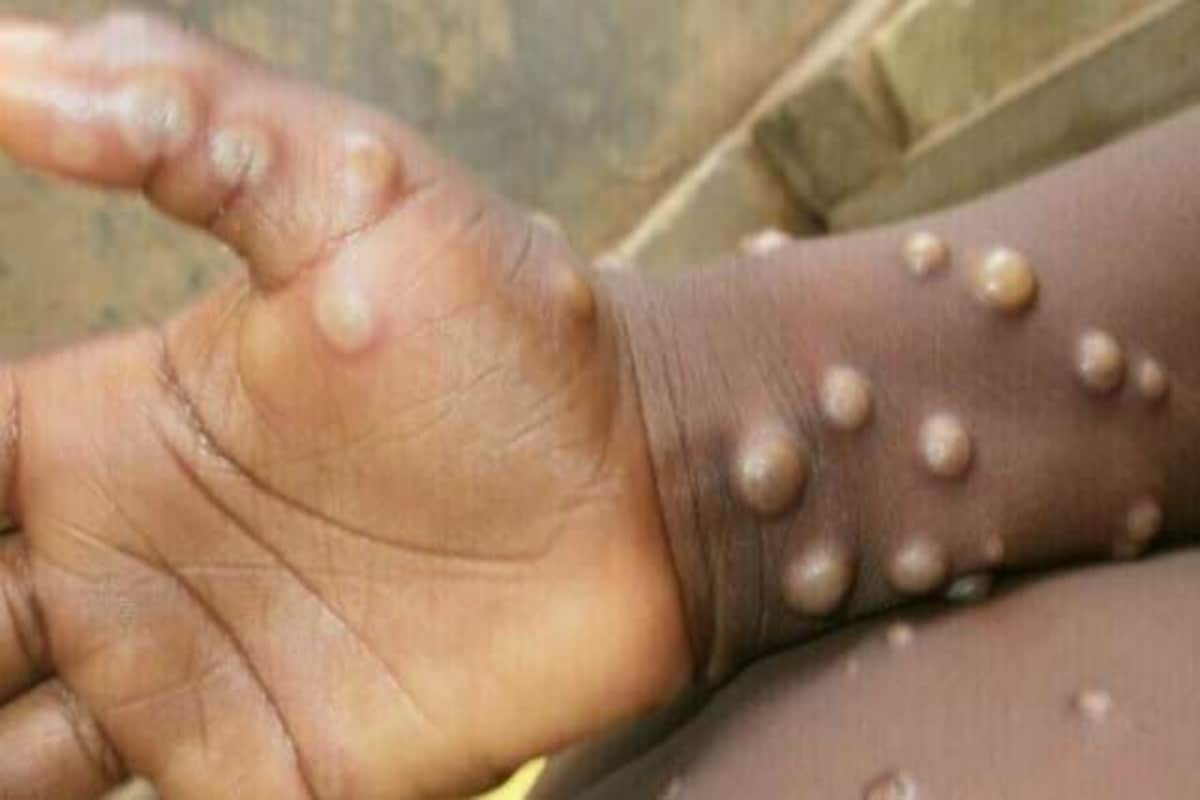
The Ghana Health Service (GHS) has confirmed a case of monkeypox in the Bia West District of the Western North Region.
The patient, a 15-year-old boy, sought medical attention at a district hospital on 25 September 2024, presenting with fever, body aches, sore throat, and a rash that initially appeared on his palms and face. These symptoms had persisted for three days.
In an official statement, the GHS disclosed that 230 suspected cases of monkeypox have been identified across 88 districts nationwide. The service also confirmed that 25 individuals who had direct contact with the patient have been identified and are under active monitoring to prevent further spread of the virus.
The GHS has commenced a preliminary public health investigation into the confirmed monkeypox case and will inform the World Health Organization (WHO) as part of its coordinated response. The public is urged to stay vigilant and adhere to recommended health protocols to curb the transmission of the virus.
Monkeypox, now commonly referred to as Mpox, is an infectious disease marked by symptoms such as a painful rash, swollen lymph nodes, fever, headaches, muscle aches, back pain, and fatigue. While most patients recover fully, severe illness can occur in some cases.
Mpox is caused by the monkeypox virus (MPXV), a double-stranded DNA virus belonging to the Orthopoxvirus genus within the Poxviridae family, which also includes the variola virus (responsible for smallpox), cowpox, and vaccinia.
The monkeypox virus is categorised into two distinct clades: clade I, which is further divided into subclades Ia and Ib, and clade II, consisting of subclades IIa and IIb.
A global outbreak of clade IIb began in 2022 and continues to spread, including in various African countries. Simultaneously, outbreaks of clades Ia and Ib are emerging, particularly in the Democratic Republic of the Congo and other parts of Africa. Notably, as of August 2024, clade Ib has been detected in regions outside of Africa, heightening concerns about its international spread.
Read Full Story














Facebook
Twitter
Pinterest
Instagram
Google+
YouTube
LinkedIn
RSS